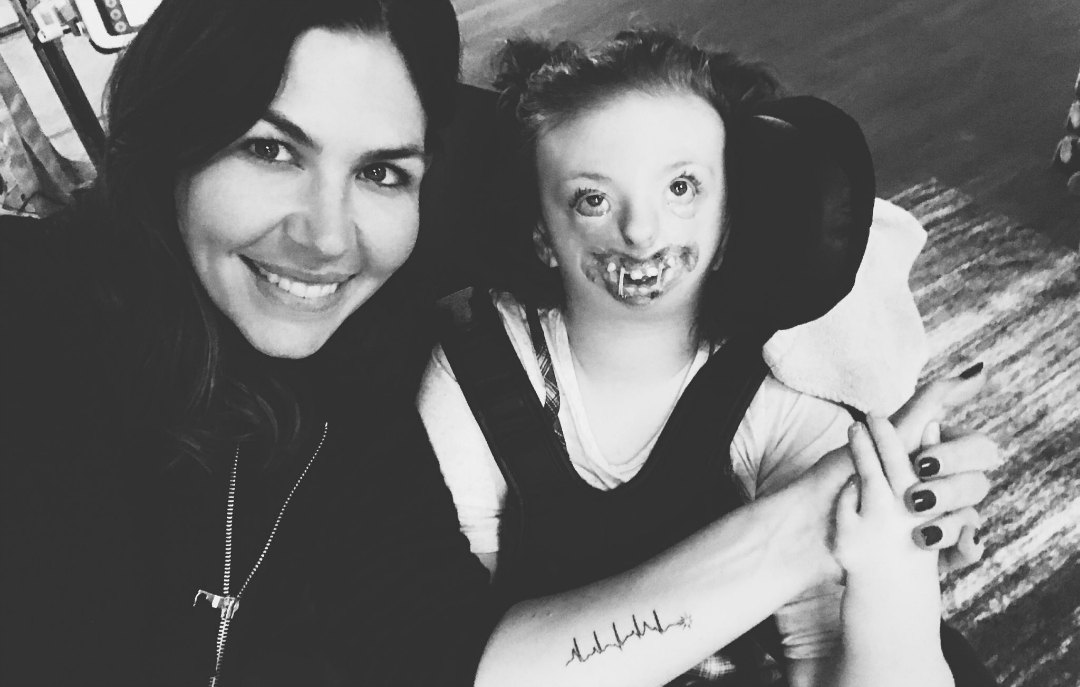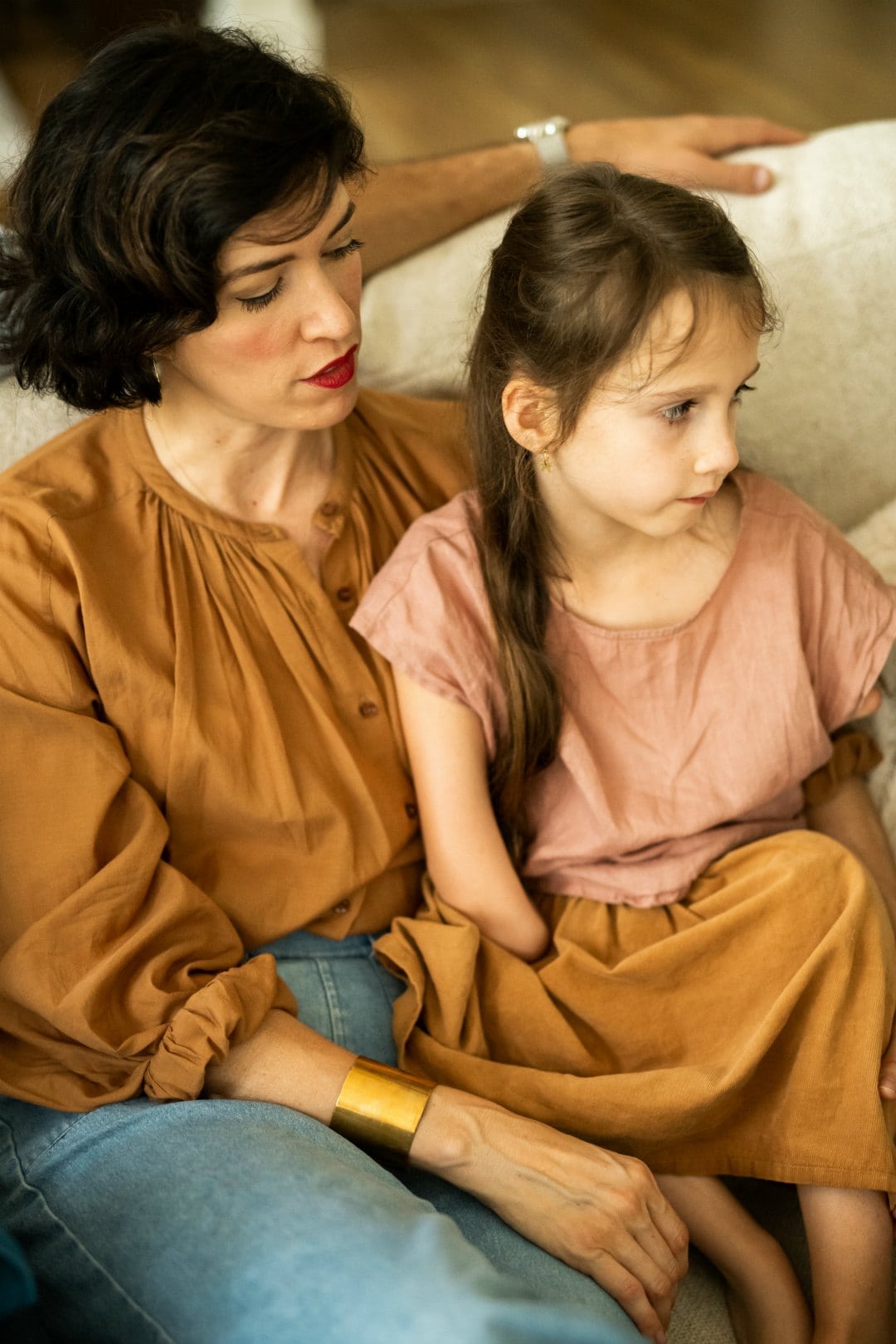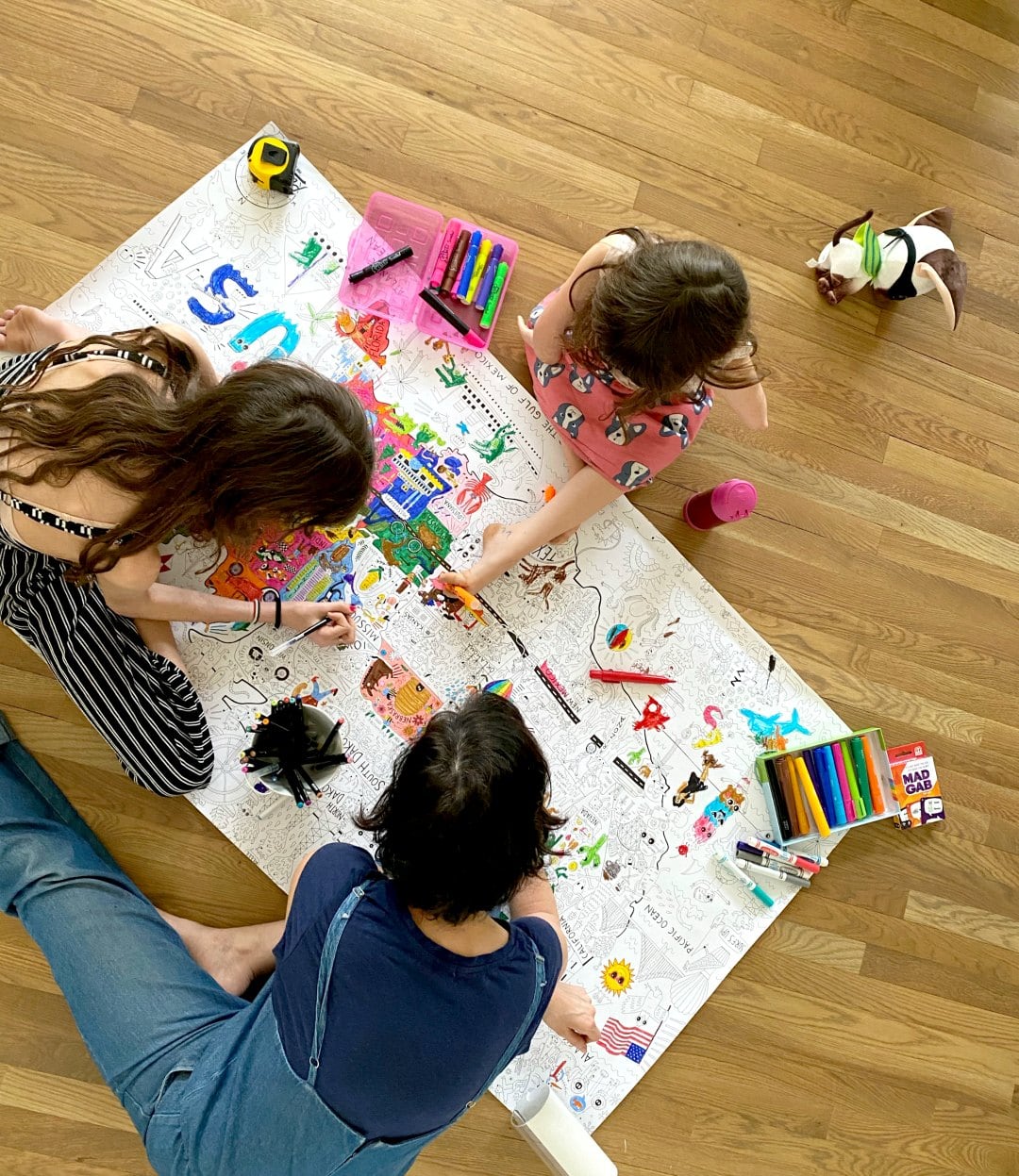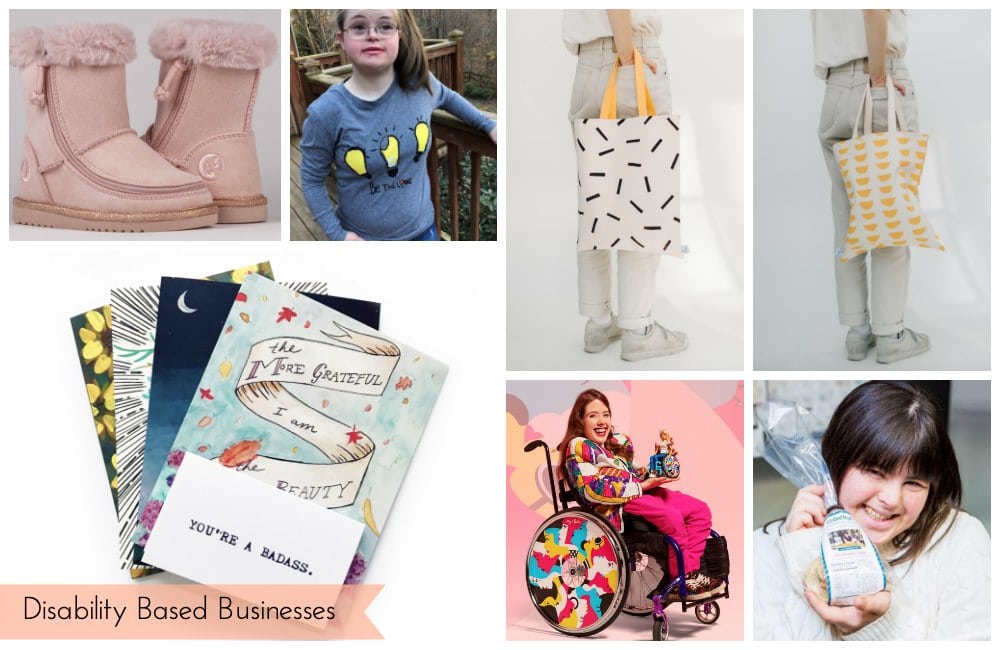
Hi guys, Miggy here. It’s been a while since I’ve had a spotlight for you, and I’m excited, honored and humbled to share today’s spotlight. This is one of the few posthumous spotlights I’ve done and as always, these are especially tender. Additionally, as you’ll learn, during her life Sophia was often the target of horrible online (and sometimes real life) bullying. This space here today is sacred space. This is hallowed ground and I ask that all of you longtime TLM readers circle the wagons with me and provide an extra cushion of love and acceptance for Natalie and her family, especially her sweet Sophia.
*****
My name is Natalie Weaver, and I am an activist and the founder of Sophia’s Voice and co-founder of Advocates for Medically Fragile Kids NC. My husband Mark and I have three absolutely amazing children. Alex is 9, Lyla is 6 and our Sweet Sophia would have been 11 years old. Sophia died 8 months ago, and our lives haven’t been the same. She was everything to everyone in our family. Sophia was born with deformities to her face, hands, and feet and was diagnosed with a rare immune deficiency, Rett syndrome (which comes with a host of other conditions), and type 1 diabetes. We always knew that our time with Sophia would be too short, but we never knew when. We always tried to live in the moment with her and make sure she experienced nothing but unconditional love from us and others. We were so very proud of Sophia and the impact she made and continues to make in this world. If you want to learn more about our ongoing journey and fight for equality you can follow me on Instagram, Twitter and Facebook.
***************
Miggy: Natalie thank you so much for being here today and sharing your family, and in particular your sweet Sophia, with us. I am honored to share your story. First, can you take me back to the beginning. When did you first find out about Sophia’s disability and her medical complexities and do you remember how you felt and can you describe those feelings? What were those early days and weeks like?
Natalie: I found out about some of Sophia’s disabilities and medical complexities during an ultrasound at 34 weeks pregnant. Everything was missed during all the previous and routine ultrasounds we had. We were rushed to a specialist who spent two hours examining Sophia through the ultrasound. I was eventually told that Sophia would be born with deformities to her face, hands and feet and that she might not survive birth. They had never seen this before, and they didn’t know the outcome. I felt complete shock and the heaviest weight on my chest. Everything we had planned for disappeared in an instant and our world felt like it was crumbling. We had four weeks to prepare for the unknown. I remember being so afraid and depressed. It was a heavyweight to carry, but I had to find ways to relax myself because I didn’t want to add any stress to Sophia. It was the first time in my life that I felt immense fear, but this time I couldn’t run away from it. We held onto hope that everyone would be okay and she was okay. She was the strongest human being I’ve ever met.
[readmore title= “Click through to read more about the Sophia and the amazing life she led.”]









This was so powerful. Thank you.
Natalie, I am sorry for the loss of your incredible girl.
Wow, thank you for sharing your beautiful family with the world. You definitely should go write that book! There are so many lessons we could all learn from Sophia and your family’s unconditional love and adoration for her. The things you said about helping someone through grief were particularly poignant to me at this time. Again, thank you.
I cried reading this, and my heart aches for your loss. Thank you for sharing Sophia’s beautiful story.
Thank you for sharing! My favorite part of this interview is the photo of Sophia’s siblings kissing her face! So much love! The photo captures the siblings physical similarities (especially hair and skin tone) as well as their difference. And it captures so much beautiful, unconditional, love.
Thank you Miggy for this beautiful Interview. Very touching and powerful! I have 3 kids, the youngest with spina bifida so I know about this Feeling needing to fight for her.
I sende you love Natalie and much Power for your beautiful project.
Sophia is beautiful, and this story was just so powerful. Thank you for sharing her with the world.
Natalie, such powerful words of love about your beautiful family. One of my favorite co-workers had a daughter who was born with a number of facial anomalies and other challenges. She told me 2 powerful things that have not left me. As the mother of 1, she never heard anyone say, ‘What a cute baby’ and she was often stared at or directly accused of abuse because many of the anomalies looked like injuries. It definitely made me think about the wide range of human experience out there, and how we can collectively be more supportive.
I do have a question though. I like to engage people and often acknowledge people on the street with smiles. I do this across the board, but with people with disabilities, I always feel like they might feel that I’m disingenuous. This is clearly a problem in myself, but this prejudgment or extra thought perpetuates that ‘different than me’ narrative, when the intention is inclusion. To acknowledge all as they come. Keep up your amazing work! It’s so valuable.
Years ago we shared Celia’s story – maybe the first posthumous spotlight. I still come back to read about other courageous kids and their parents. I love that Sophia’s legacy lives on in the phenomenal work of the foundation, and I can see her bright spirit in the faces of her siblings! The part here that resonates with me is the plea to “say her name.” Parents spend so much time choosing a name we presume we’ll get to say for the rest of our lives… it’s such a gift for someone else to say it and resurrect a memory. My heart has known a pain similar to the one yours is facing, Natalie, and I am sending hope that you begin to find yourself, and your way, soon. xoxo
Hey again Natalie…met Sophia during your SBSK interview a few years ago. Please know that i will treasure the glimpse into her beautiful being, her infectious giggle and your amazing family forever. Please know that she was loved, and every time i see a photo you post of her, my heart smiles and i start crying again. I cannot imagine the profound pain the loss of your beautiful angel caused.but please know she will never be forgotten.thank you for the work you do. Love LHShnailed (insta)
Natalie, thank you so much for sharing Sophia’s story with us. I did see stories about the online treatment your family endured, and I appreciate reading more about Sophia as a person and her loving family. May your memories of Sophia bring you comfort.